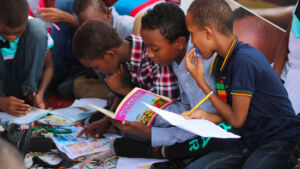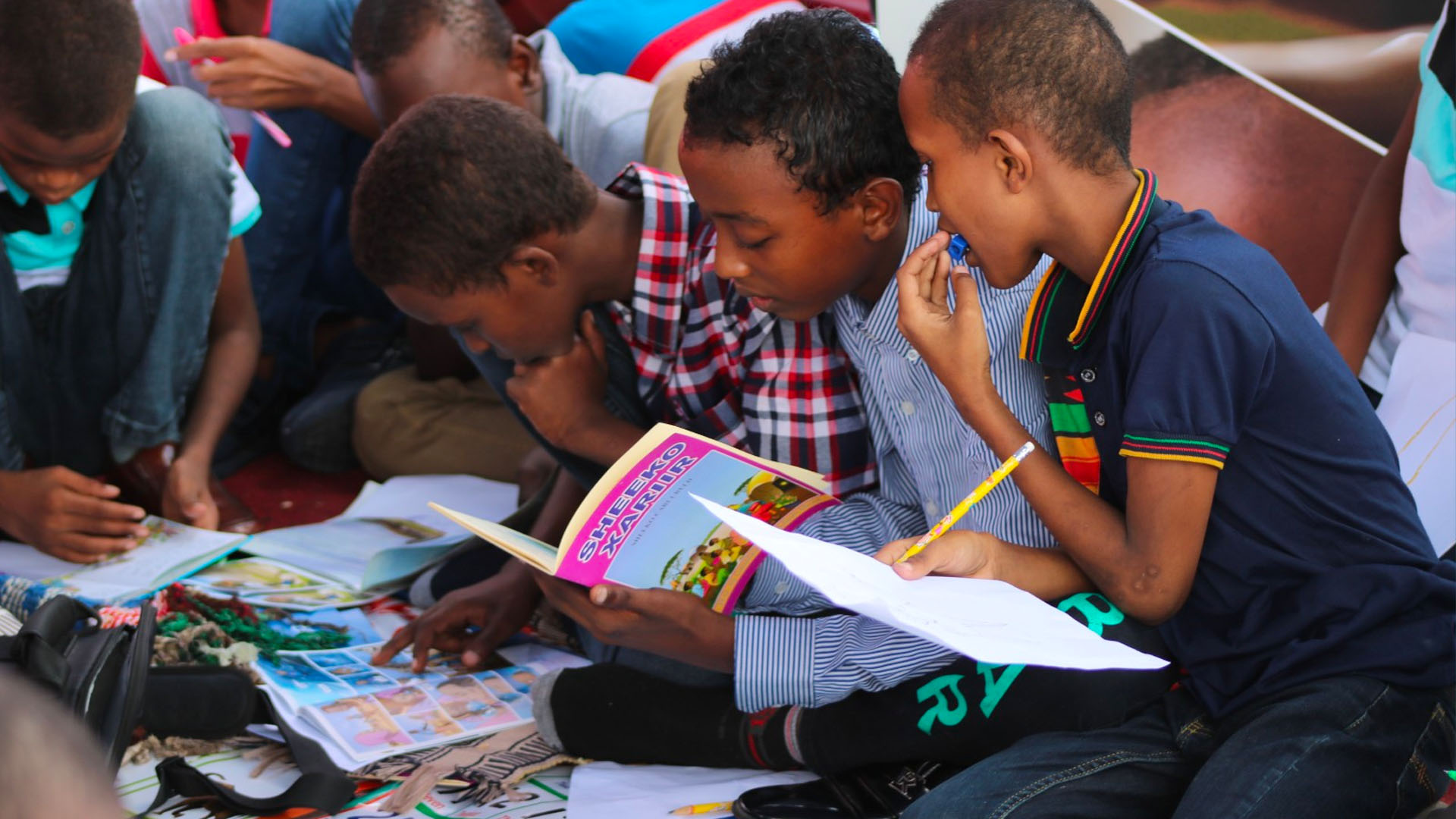Do you want to generate interest in non-fiction? Then start reading it yourself. Fifteen years ago when my then high school principal walked into the library and told me that we needed to start doing more with non-fiction, I thought, “Please, no.” I was a romance, verse novel aficionado. But he was correct. Non-fiction is important. It is something most of our students do not choose on their own; it is something that is more challenging to read. Yet it is quite possibly what many of our students will read more of after high school.
At that time, my despair had some grounding. In the past fifteen years, however, the young adult non-fiction publishing world has transformed. Publishers are printing non-fiction titles that appeal to young adults. They are publishing young adult editions of popular adult non-fiction titles.

Very strong authors such as Russell Freedman, Candace Fleming, Neal Bascomb, Steven Sheinkin, and Samantha Sieplel are writing specifically for young adults. The Scientists in the Field Series with the variety of topics that it covers are specifically written to interest Young Adults—Sy Montgomery is perhaps my favorite contributor to this series.
For our more visual learners, and thus visual readers, First Publishing has created the Science Comics Series of graphic non-fiction covering Dogs, the Brain, Drones, Dinosaurs, just to name a few. And if you’re talking graphic non-fiction novels, you cannot forget Don Brown and his exquisite (simply powerful) contributions such as Fever Year, Drowned City, Unwanted and Great American Dust Bowl. Here’s a list I’ve started curating of other titles to get you started.
Non-fiction for young adults abounds, and frankly, our students need it. It pains me to think about it, but many of the passages that our students read on standardized tests are non-fiction. If students have not encountered non-fiction either with our guidance in the classroom or as pleasure reading because someone pointed it out during a book talk or a visit to the library, they will not have the skills necessary to read non-fiction well.
Non-fiction feeds curiosity, and when it comes to the inner drive to truly learn something and make it your own, nothing is as powerful as curiosity.
Non-fiction requires different skills to be read well, and we need to teach our students what those skills are. These skills are best taught when they are broken down into specific activities addressing the various steps of the reading process. In general, they are easily divided into before, during or after reading; however, each of those is large enough to be our subject for another day. Stay tuned for more blog posts on specific reading strategies and how they can help our students learn to read non-fiction.
Above all, and perhaps most importantly, non-fiction feeds curiosity, and when it comes to the inner drive to truly learn something and make it your own, nothing is as powerful as curiosity.
Share your favorite middle grade and young adult non-fiction books with us on Twitter – @SSCBookDiva & @KeepIndianaLearning.
Resources
Please login or register to claim PGPs.
Alternatively, you may use the PGP Request Form if you prefer to not register an account.



